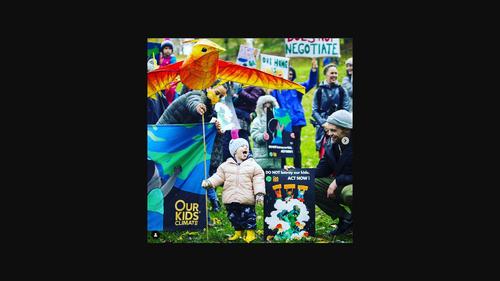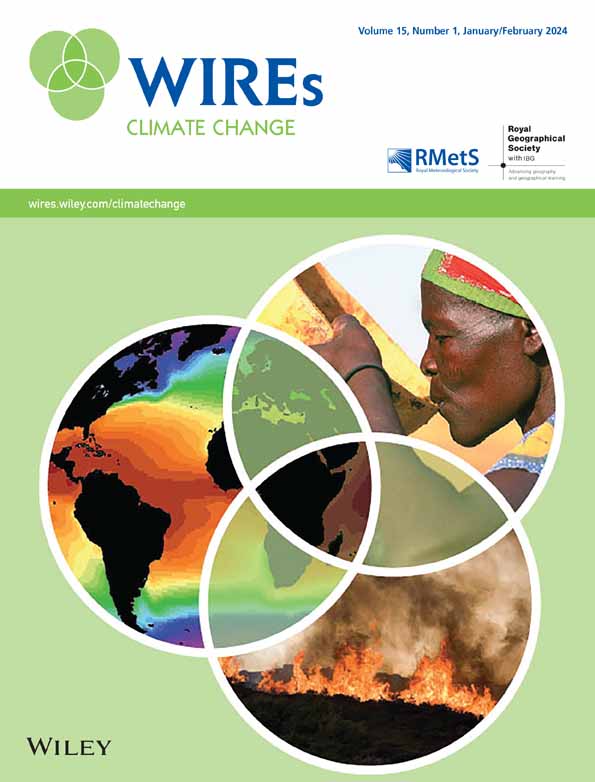绿色父母对环境和气候参与的影响范围审查
IF 10.3
1区 环境科学与生态学
Q1 ENVIRONMENTAL STUDIES
引用次数: 6
摘要
我们回顾了现有的关于父母身份作为环境参与动力的作用(绿色父母身份效应)的文献,特别关注气候变化。我们发现,作为一种可能影响气候变化相关行为的机制,为人父母的研究严重不足。关于父母身份在推动环境参与方面的作用的文献喜忧参半,部分原因是基线个人和群体特征的作用导致了父母身份对环境参与的不同影响,以及父母身份所施加的强烈时间和预算限制的反制影响。一些研究表明,为人父母会增加环保活动,而另一些研究则没有发现任何影响或负面影响。我们的理论是,需要考虑潜在的中介和调节因素,以更清楚地了解为人父母如何影响环保参与。我们强调了在为人父母的过渡过程中可能激活的潜在拟议机制(即遗产动机、世代性、感知责任)、绿色为人父母效应的潜在调节因素,以及公众参与的见解。本文章由计算机程序翻译,如有差异,请以英文原文为准。

A scoping review of the green parenthood effect on environmental and climate engagement
We review the existing literature on the role of parenthood as a motivator of environmental engagement (the green parenthood effect), focusing particularly on climate change. We find that parenthood is severely understudied as a mechanism that may influence climate change‐relevant behavior. The literature on the role of parenthood in driving environmental engagement is mixed, due in part to the role of baseline individual and group characteristics that lead to different impacts of parenthood on environmental engagement as well as to the countervailing impact of intense time and budget constraints imposed by parenthood. Some studies suggest that parenthood increases pro‐environmental engagements, while others find no effects or negative effects. We theorize that potential mediators and moderators need to be taken into account to get a clearer picture of how parenthood influences pro‐environmental engagement. We highlight underlying proposed mechanisms that might be activated during the transition to parenthood (i.e., legacy motives, generativity, perceived responsibility), potential moderators of the green parenthood effect, and insights for public engagement.
求助全文
通过发布文献求助,成功后即可免费获取论文全文。
去求助
来源期刊

Wiley Interdisciplinary Reviews: Climate Change
METEOROLOGY & ATMOSPHERIC SCIENCES-
CiteScore
20.00
自引率
2.20%
发文量
58
审稿时长
>12 weeks
期刊介绍:
WIREs Climate Change serves as a distinctive platform for delving into current and emerging knowledge across various disciplines contributing to the understanding of climate change. This includes environmental history, humanities, physical and life sciences, social sciences, engineering, and economics. Developed in association with the Royal Meteorological Society and the Royal Geographical Society (with IBG) in the UK, this publication acts as an encyclopedic reference for climate change scholarship and research, offering a forum to explore diverse perspectives on how climate change is comprehended, analyzed, and contested globally.
 求助内容:
求助内容: 应助结果提醒方式:
应助结果提醒方式:


